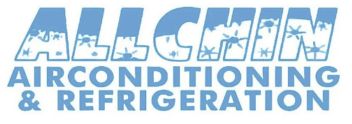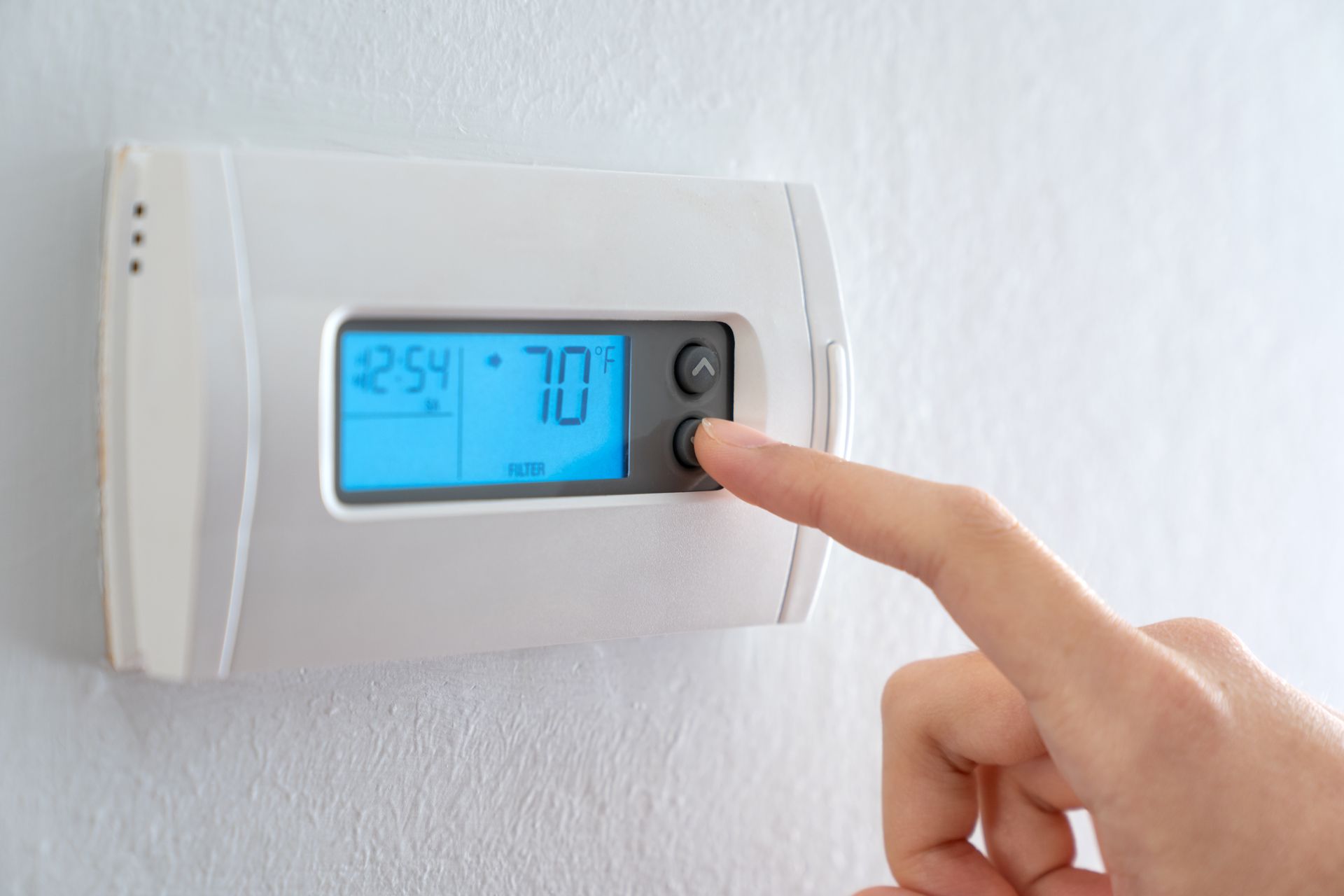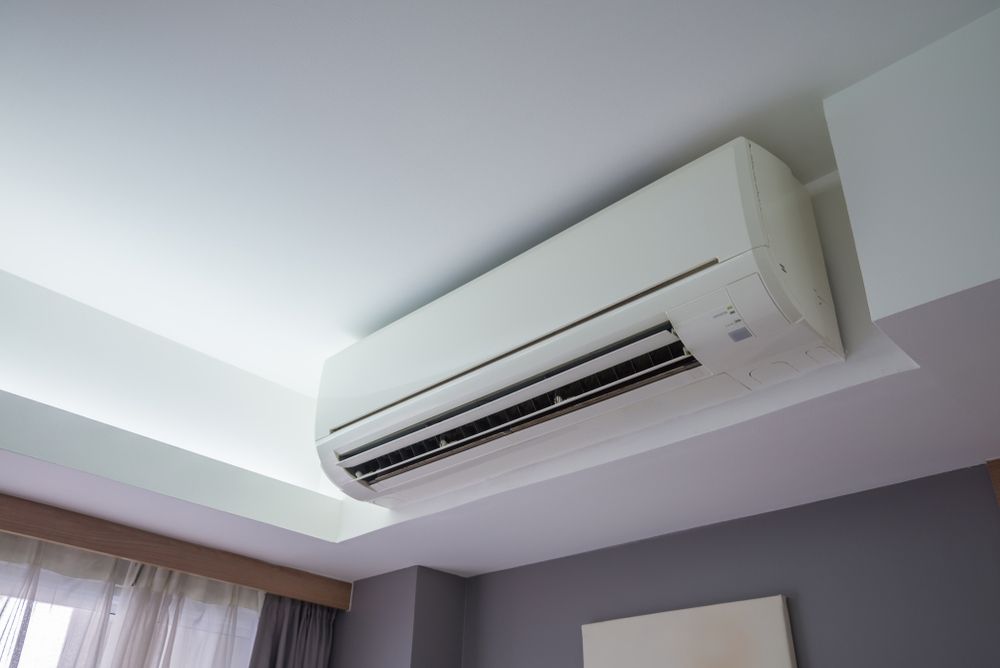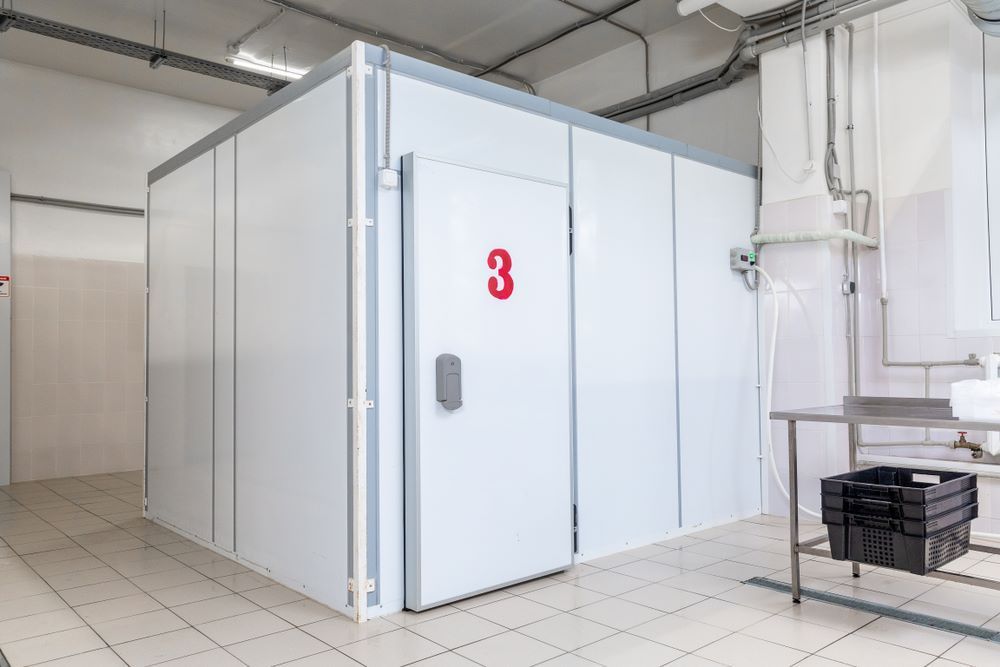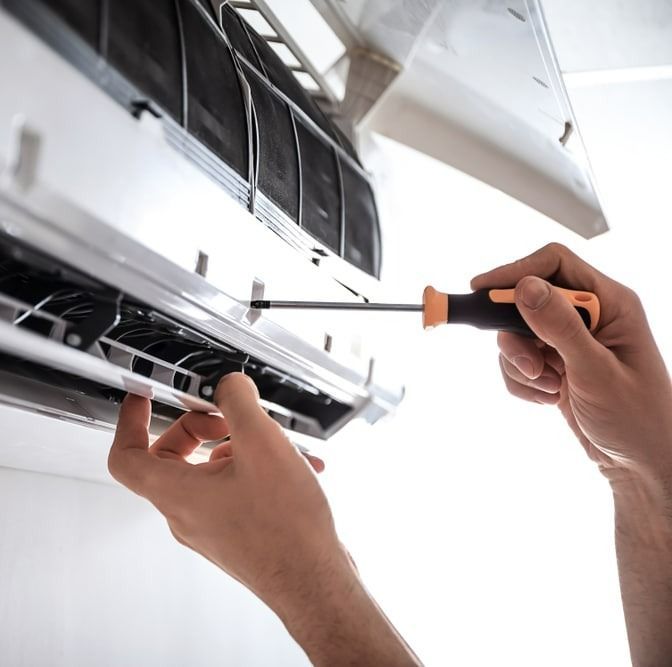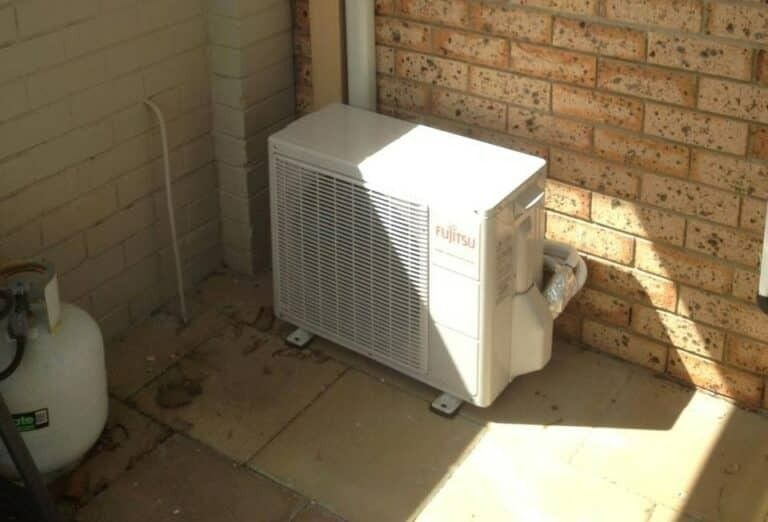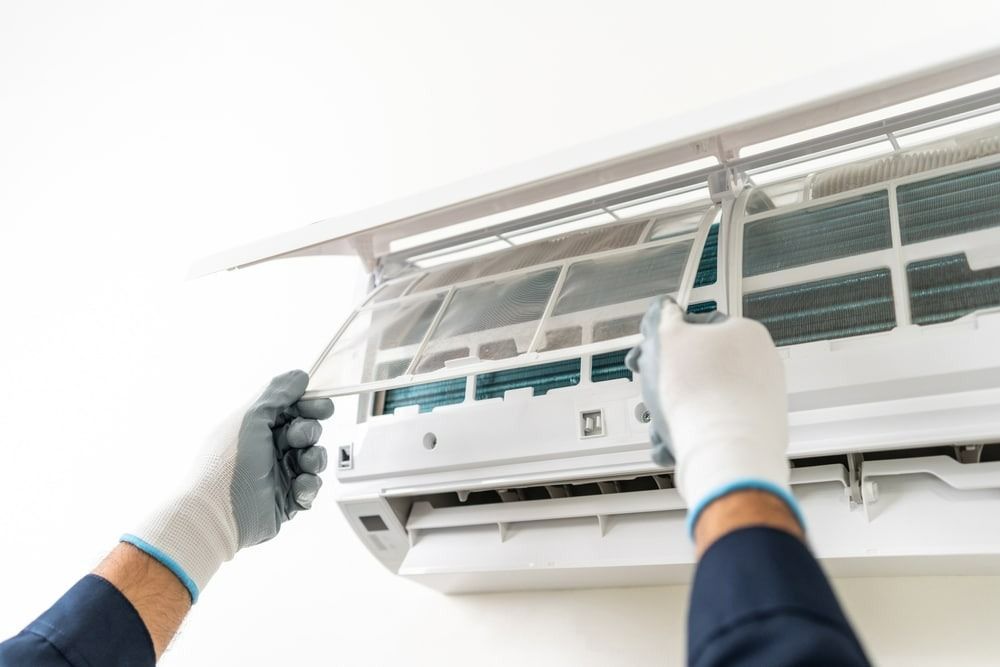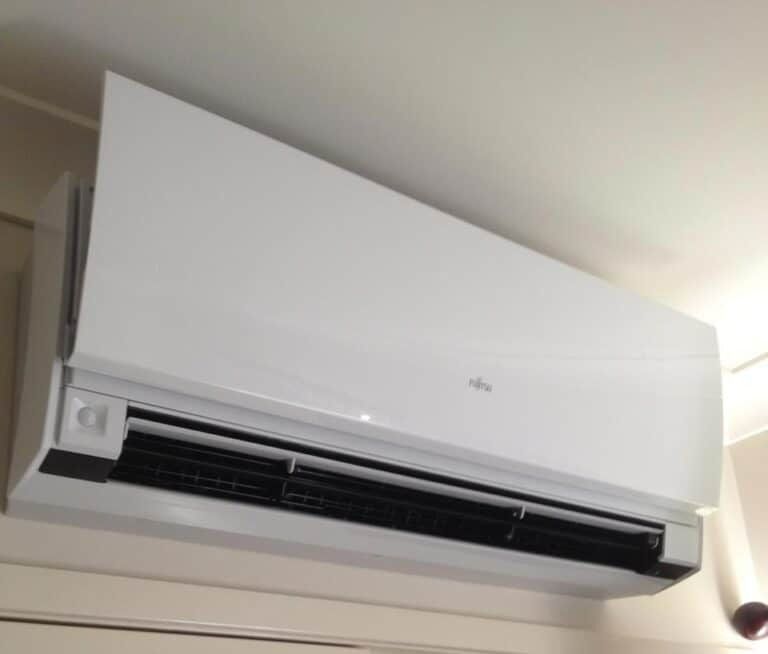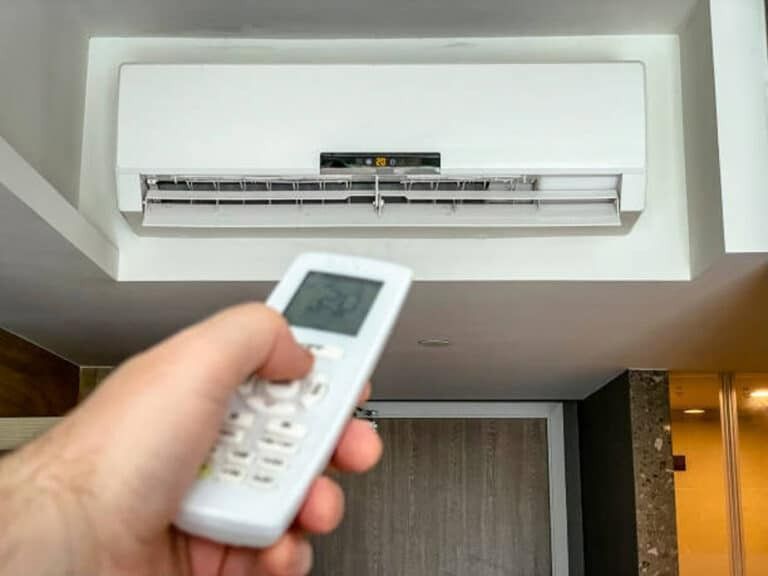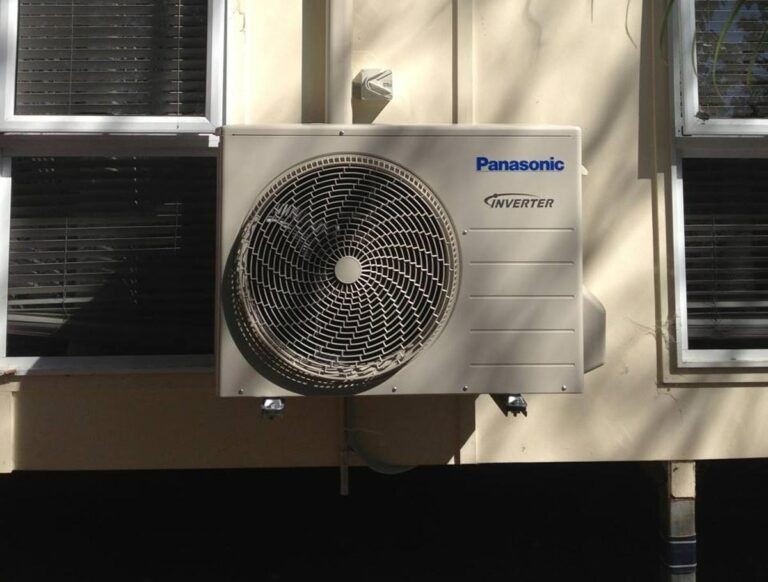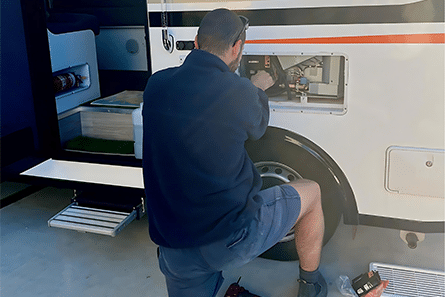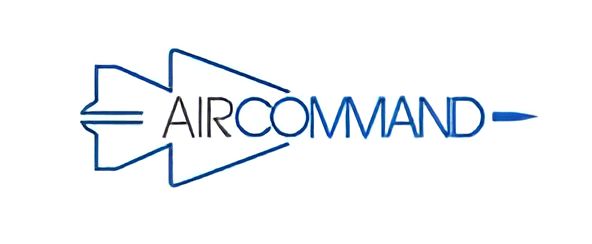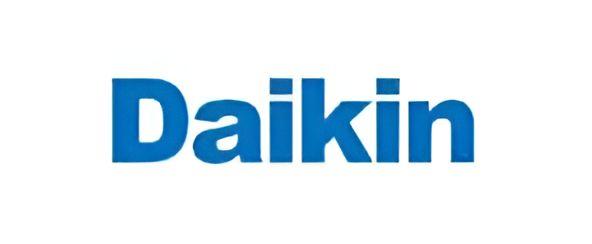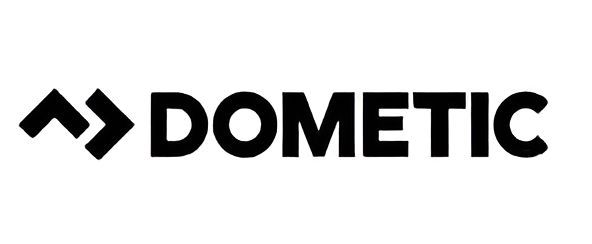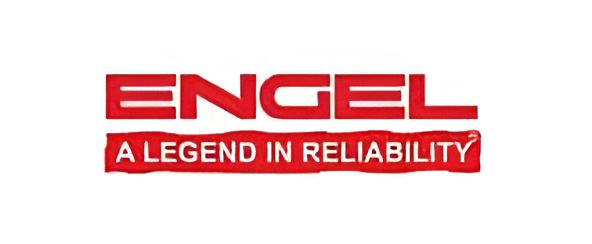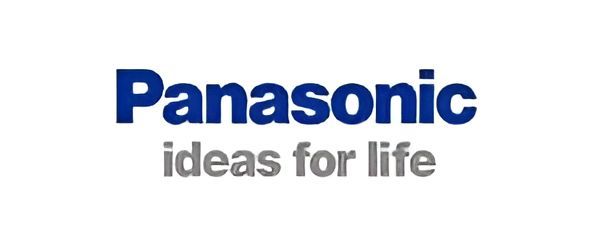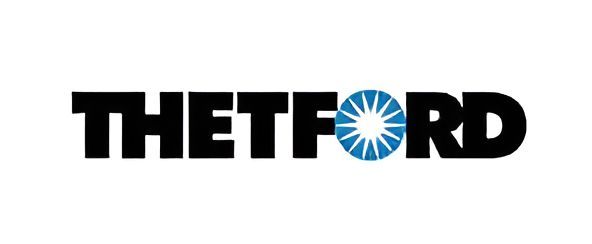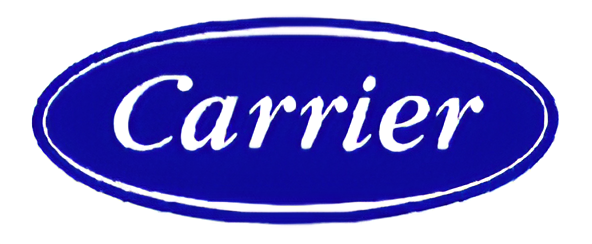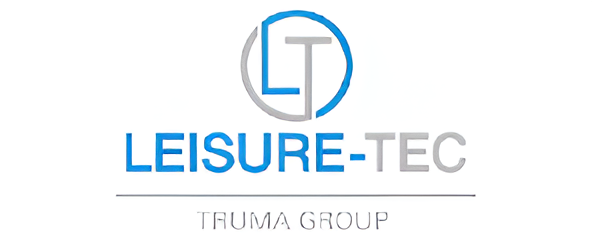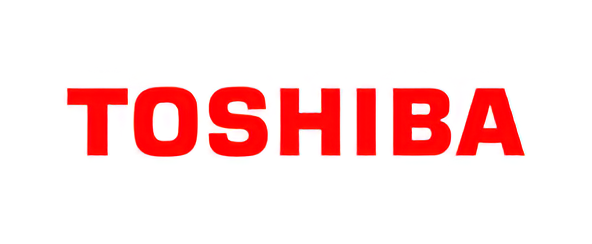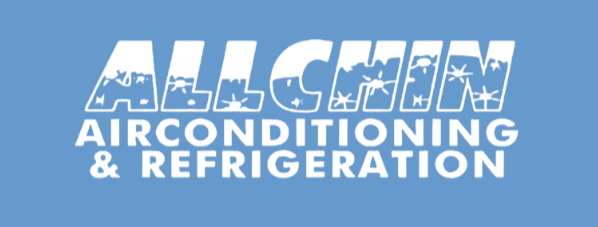Designing Efficient HVAC Systems For New Commercial Developments
When planning a new commercial building on the Sunshine Coast, there’s one crucial system you can’t afford to overlook: your HVAC (Heating, Ventilation, and Air Conditioning). Whether you’re constructing offices, retail centres, hospitality venues, or industrial spaces, the right commercial air conditioning on the Sunshine Coast plays a major role in how comfortable, energy-efficient, and cost-effective your property will be, not just today, but well into the future.
Modern commercial developments demand HVAC systems that are powerful enough to handle varying climate conditions and efficient enough to keep operating costs manageable. In this blog, we’ll explore what goes into designing efficient HVAC systems for new commercial builds and why working with experienced professionals is essential.
Why HVAC Design Matters for Commercial Buildings
A well-designed HVAC system does far more than simply heat or cool a building. It impacts:
- Occupant comfort: The right system ensures employees, customers, or tenants feel comfortable year-round.
- Energy costs: HVAC often accounts for a significant portion of a commercial building’s energy use. An efficient system saves thousands over its lifespan.
- Air quality: Proper ventilation removes contaminants and provides fresh air, creating a healthier indoor environment.
- Building value: Energy-efficient systems are a selling point for future tenants or buyers.
- Regulatory compliance: Australian building codes and sustainability standards demand specific energy efficiency levels in new developments.
Considering these factors early in the design stage is key to achieving both comfort and long-term savings.
Core Factors in Designing Efficient Commercial HVAC Systems
Several critical factors influence the success of a new commercial air conditioning system on the Sunshine Coast project. Let’s take a closer look.
Building Size & Layout
No two commercial buildings are alike. Factors like ceiling height, open-plan spaces, enclosed offices, and shared facilities all affect:
- The required cooling and heating loads.
- Airflow distribution.
- Zoning needs for temperature control in different areas.
- A detailed building plan helps HVAC designers size the system correctly and avoid energy waste.
Local Climate Conditions
The Sunshine Coast’s subtropical climate brings warm, humid summers and mild winters. HVAC systems must handle:
- High humidity levels can affect indoor comfort and air quality.
- Frequent temperature fluctuations.
- Occasional heatwaves requiring peak performance.
A locally knowledgeable provider understands how to tailor systems for these unique regional challenges.
Energy Efficiency Goals
Modern commercial developments increasingly focus on sustainability. Efficient HVAC design supports:
- Lower operational costs.
- Compliance with energy efficiency regulations like Section J of the National Construction Code.
- Green certifications such as NABERS or Green Star.
Key efficiency features might include:
- Variable Refrigerant Flow (VRF) systems for zoning and reduced energy use.
- Smart thermostats and building management systems (BMS) for intelligent control.
- High-efficiency equipment rated for Australian standards.
Scalability & Future Growth
Businesses grow and evolve. The HVAC system you install today should:
- Allow for easy expansion if tenants require additional cooling or heating capacity.
- Integrate with future technologies like advanced BMS upgrades.
- Minimise the need for disruptive retrofits.
Planning for scalability protects your investment and supports long-term flexibility.
Indoor Air Quality (IAQ)
Post-pandemic, air quality is more crucial than ever in commercial spaces. Good HVAC design should include:
- Fresh air intake to prevent stale, recycled air.
- Effective filtration systems to remove dust, allergens, and pathogens.
- Humidity control to reduce mould growth.
These measures contribute to healthier workplaces and higher occupant satisfaction.
Common HVAC Systems Used in Commercial Buildings
Selecting the right type of HVAC system depends on your building’s specific requirements. Here are a few systems frequently used in new commercial builds:
VRF Systems
- Offer precise zoning control.
- Reduce energy consumption by adjusting refrigerant flow based on demand.
- Ideal for mixed-use buildings or areas with varying occupancy.
Packaged Rooftop Units
- Combine heating, cooling, and ventilation in one unit.
- Save indoor space and simplify maintenance access.
- Suitable for large open-plan areas or retail centres.
Split Ducted Systems
- Allow multiple zones with individual temperature controls.
- Offer quiet operation, making them perfect for offices or hospitality environments.
- Can be highly energy efficient when combined with inverter technology.
Chilled Water Systems
- Used in large commercial or industrial buildings.
- Provide excellent temperature control and energy efficiency.
- Require more complex infrastructure and higher initial costs.
The Role of Technology in Modern HVAC Design
The rise of smart technology has transformed commercial air conditioning on the Sunshine Coast. Modern systems integrate with:
- Building Management Systems (BMS): Automate temperature, humidity, and energy use for efficiency and comfort.
- IoT Sensors: Continuously monitor occupancy, air quality, and equipment health.
- Remote Monitoring: Allow technicians to diagnose issues and adjust settings without needing to visit the site.
These tools improve energy efficiency and reduce operational costs while offering building owners unprecedented control over indoor environments.
Benefits of Working with a Local Commercial HVAC Specialist
Designing and installing an HVAC system for a new commercial building goes beyond the scope of general contractors. Working with a local commercial HVAC specialist offers significant advantages, including:
- Knowledge of regional climate and building codes: Local professionals understand how weather patterns and regulations affect system performance and compliance.
- Experience with diverse commercial spaces: Specialists have practical expertise designing systems tailored to various business types and building layouts.
- Access to quality equipment: Professionals select equipment suited to Australian conditions, ensuring durability and efficiency.
- Skilled technicians: Qualified technicians handle installation, testing, and ongoing servicing to maintain optimal operation.
Partnering with a professional helps ensure your HVAC investment operates reliably, minimises energy costs, and avoids potential compliance issues. A local expert’s understanding of the Sunshine Coast’s climate, building requirements, and modern commercial needs contributes to a system designed for comfort, efficiency, and sustainability.
Don’t Leave Your Commercial Air Conditioning to Chance: Call Us Now!
A well-designed HVAC system isn’t just an afterthought—it’s a critical investment in the comfort, efficiency, and long-term success of your commercial development. By partnering with local experts, you gain the confidence that your system is designed right from the start, saving you money and headaches in the future.
If you’re planning a new commercial build or renovation, now’s the perfect time to discuss your air conditioning needs with professionals who understand both the technology and the Sunshine Coast’s unique climate.
At
Allchin Airconditioning & Refrigeration, we’re dedicated to delivering exceptional commercial air conditioning on the Sunshine Coast.
Contact us today to discuss your project and discover how we can help bring your commercial vision to life.
